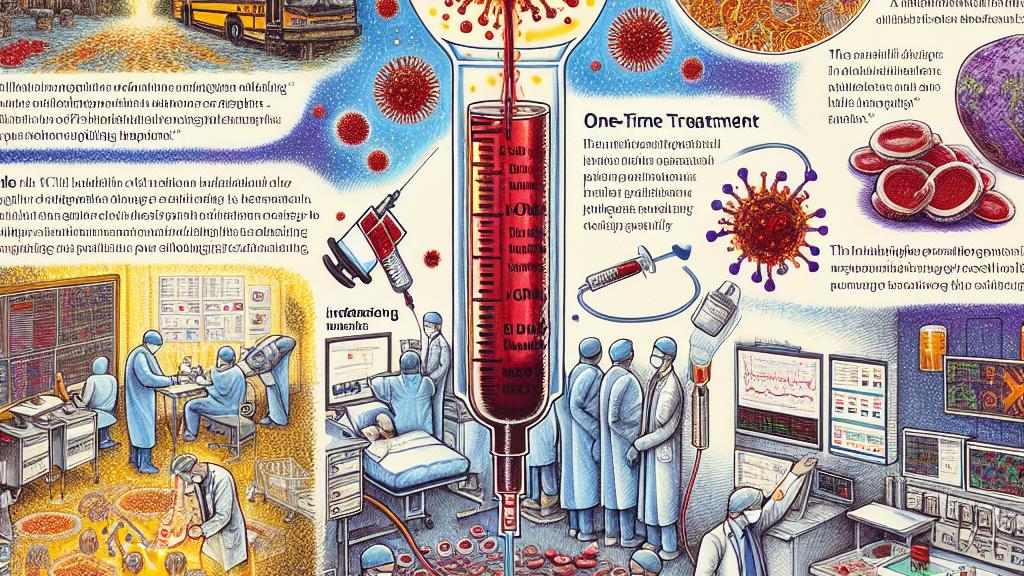The Price of Life: Is $3.5 Million Worth the Cure for Hemophilia B?
Overview
- Taiwan's NHIA is exploring a revolutionary gene therapy for hemophilia B after FDA approval.
- The one-time treatment, priced at $3.5 million, represents a potential game-changer for patient care.
- A comprehensive analysis is needed to weigh the therapy's costs against the benefits of improved patient outcomes.

Introduction to Hemophilia B and Gene Therapy
In Taiwan, hemophilia B poses significant health challenges for around 196 patients due to a deficiency in clotting factor IX, leading to severe bleeding episodes. Traditional treatment involves regular blood factor infusions, which can average NT$5 million to NT$7 million annually. Recently, the National Health Insurance Administration (NHIA) announced that it would evaluate fidanacogene elaparvovec (Beqvez), a groundbreaking gene therapy that has gained FDA approval. Priced at approximately $3.5 million, this one-time treatment aims to provide patients with the ability to produce their own clotting factors, thus potentially eliminating the need for recurrent infusions and dramatically transforming their quality of life.
Cost-Effectiveness and Patient Quality of Life
The NHIA's evaluation will focus on determining the cost-effectiveness of Beqvez compared to ongoing infusion therapies. While the high upfront cost might appear daunting, a thorough analysis could demonstrate that Beqvez offers significant long-term savings. Research has shown that gene therapy can be more cost-effective than traditional treatments, particularly when factoring in the reduction in treatment frequency and associated medical costs. Additionally, by improving patients' health and reducing hospital visits, this therapy may enhance overall quality of life, making it a compelling option not only economically but also from a patient care perspective.
Future Perspectives and Implications in Healthcare Policy
As Taiwan navigates the decision to integrate Beqvez into its National Health Insurance scheme, it faces both challenges and opportunities. Ensuring that patients have access to safe and effective treatments while managing healthcare costs is crucial. The NHIA will require robust data on the long-term efficacy of Beqvez, setting a standard for future innovative therapies. The decision-making process could influence policy regarding rare disease treatments and healthcare pricing strategies not only in Taiwan but also globally. Ultimately, the outcome of this assessment may mark a pivotal moment for hemophilia treatment, striking a balance between innovation, affordability, and patient access.

Loading...